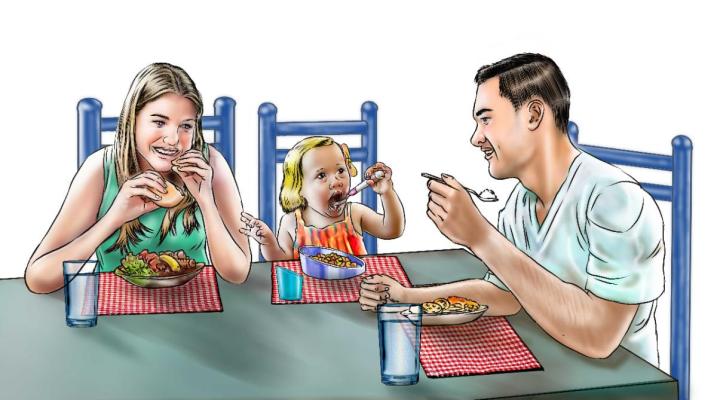The 240 million children living with a disability have the same rights as other children, including the right to lead full lives with dignity and as much independence as possible. Governments and other stakeholders must address the factors that exclude children with disabilities from their communities and health services.
Because of community and cultural misperceptions, children with disabilities endure tremendous levels of discrimination and exclusion from social systems, including within their own families. These barriers prevent children with disabilities from fully participating in society and accessing the resources they need to survive. Raising awareness of disability requires educating communities and families about the meaning of disability, its causes, and the obstacles that children with disabilities face. It is also important to demonstrate that children with disabilities have the potential to grow and thrive since misconceptions about their potential may result in a lack of care.
Promoting disability inclusion and raising awareness are critical for children with disabilities because they help them fully participate in society and access the same rights, opportunities, and resources as children without disabilities.
Use the resources in this section to support inclusion and raise awareness of disabilities in programs and communities.



